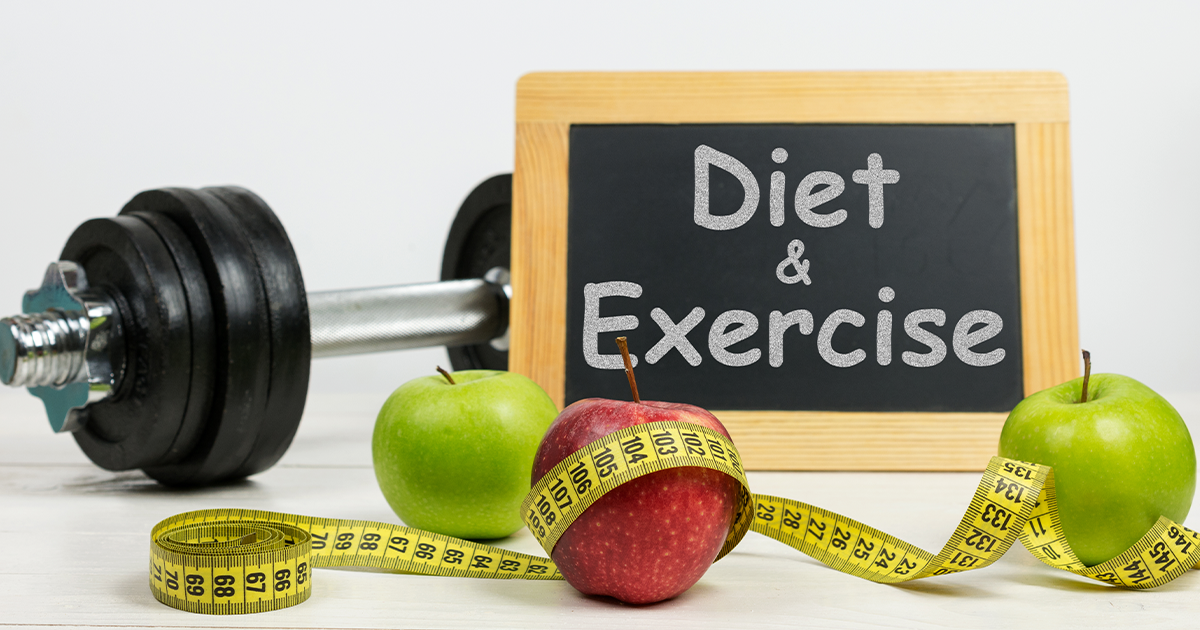WAIT!! Don’t click off yet, let me introduce myself in case you aren’t familiar with me already. I am Chris Fields, the founding executive director of H.E.A.L. Mississippi and a lot of you all may only know me as the executive director of this wonderful organization but may not know much about my background and what qualifies me to tell you to be healthy. Aside from the fact that working out is one of my passions, I also have a background in physical movement, clinical exercise, business, and nutrition. I have a bachelor’s in kinesiology, a master’s in clinical exercise physiology and a master’s in business administration. I also began working towards a master’s in nutrition, but I met my wife and got married 6 months into my course work and dropped out of school. Having a new wife was not conducive to me finishing my studies and I figured since I got a wife who is a registered nurse, a cousin who is an MD and an MBA, a close friend who is a nurse practitioner, and a close friend who is a dietitian, I didn’t need any additional training. I can lean on them and that’s what I have been doing ever since. That’s just a little insight into me and our team. More info about us, how and why we got started is on our website if you want to check it out. Now to what we y’all came here for.
What’s more important diet or exercise?
Neither is as good as the other, but both offer superfluous health benefits. Our bodies behave differently based on the combination of physical activity and nutrition we engage in. It is no secret that it takes a lot of exercise to change our body weight. But nutrition allows us to regulate our body weight better than exercise initially. If you run a mile that’s roughly 100 calories burned plus the time it takes you to run that mile. If you eat a piece of white bread or about 10 tortilla chips, that’s 100 calories you have added right back to calorie count in significantly less time and effort. So, it is easier to regulate your weight with proper nutrition to initially create the caloric deficit you need to better manage your weight but being on a prescribed comprehensive dietary plan for weight management with the intent to lose weight, your recommended caloric intake should decrease with weight loss. If prescribed caloric intake is adhered to, the decreasing caloric intake will eventually plateau as you would need a certain amount of calories to properly maintain energy balance and bodily function. Being too far in caloric deficit can cause malnutrition, poor energy output, and decreased bodily function. The best way to continue operating in a healthy caloric deficit is to increase your physical activity levels to match your current prescribed calorie goals and create a deficit. Increasing your physical activity may also increase your appetite. Properly timing your meals can help curb your increased appetite demands and adding more physical activity will help you better regulate your health.
What is a healthy caloric deficit?
First let’s start with what a caloric deficit is. A caloric deficit is burning more calories than you consume. For healthy weight management, a calorie deficit of 500 calories per day is generally recommended. This typically results in a loss of 1-2 pounds per week, which is considered a safe and sustainable rate. This can be calculated on a daily basis or a weekly basis. Generally, I recommend calculating this deficit on a weekly basis because energy demands vary from day to day and some days you may want to relax and eat what you want.
Staying in a healthy caloric deficit has other health benefits besides weight management such as improved metabolic health and potentially slowed aging. It can lead to reduced waist measurements, lower blood pressure, improved LDL cholesterol and triglyceride levels, and reduced inflammation. Additionally, a calorie deficit can enhance insulin sensitivity, potentially lowering the risk of type 2 diabetes and heart disease.
At H.E.A.L. Mississippi, this is our specialty. Our multi-disciplined healthcare team specializes in lifestyle medicine, a form of healthcare practice that is more holistic marrying lifestyle and behavioral approaches to managing chronic cardiometabolic conditions with traditional medicine. We are here to help you, and we would love you to take advantage of our help!



Mary SMITH 13 May 2025
My son was about to do weight loss Surgery and info like this made him change his life choices.
Chris Fields 13 May 2025
This is great to hear! We are going to be in touch with him.
Comments are closed.